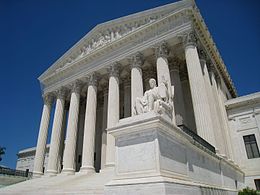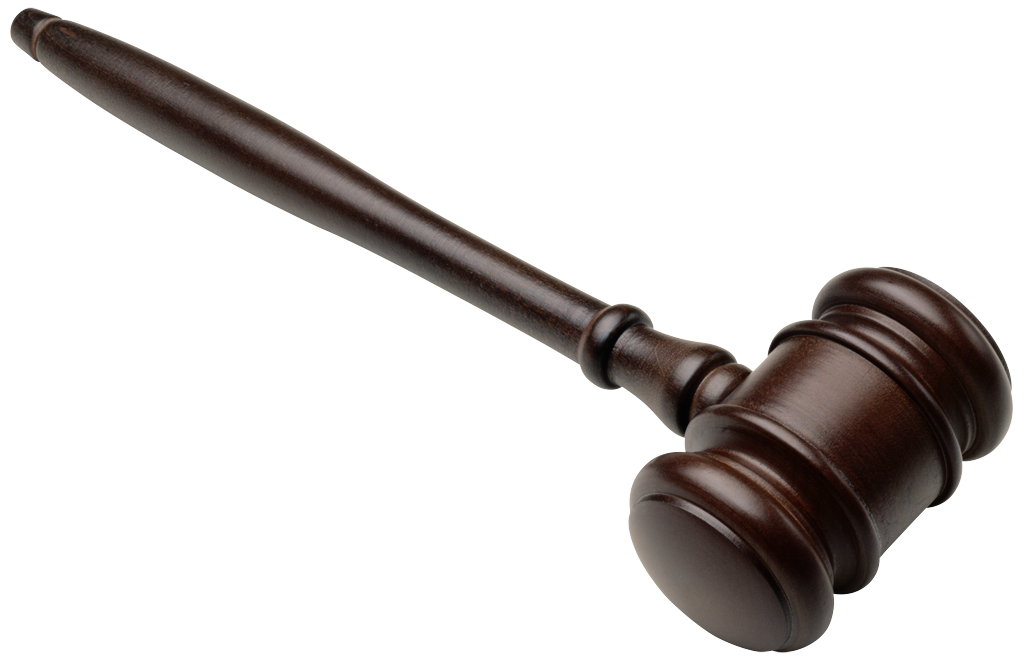The U.S. Supreme Court has held that title VII of the Civil Rights Act of 1964 does include discrimination against gay persons. I have discussed this issue a few times, that the decision in Oncale v. SundownerOffshore Services, Inc., 523 US 75, 118 S.Ct. 998, 140 L.Ed.2d 201 (1998), was a very parsed
Oncale v. Sundowner Offshore Servics

SCOTUS Accepts Cases on Sex Orientation
The courts have struggled with the wording in Title VII for a couple of decades. Title VII clearly prohibits discrimination based on sex. Does that mean Title VII prohibits discrimination based on sex orientation? If an employer terminate someone because he is gay, how is that not discrimination based on sex?
The challenge is that…

Title VII Does not Apply to Sexual Orientation
The courts have been struggling with the meaning of “sex” in Title VII for a couple of decades. Title VII prohibits discrimination based on “sex.” Does that include discrimination based on sexual orientation? In Oncale v. Sundowner Offshore Services, Inc., 523 US 75, 118 S.Ct. 998, 140 L.Ed.2d 201 (1998), the court tried to…
Texas Supreme Court Overrules Decision on Same Sex
Well, the San Antonio court of appeals recognized same sex harassment in Alamo Heights ISD v. Clark and now the Texas Supreme Court has overruled that decision. This has long been a difficult area of law for courts. In the federal court system, the Supreme Court reached a compromise of sorts. It recognized that harassment…

Texas Supreme Court Accepts Appeal in Same Sex Harassment Case
The San Antonio Fourth Court of Appeals recognized same sex harassment in certain limited situations. See my prior post discussing the decision in Clark v. Alamo Heights Independent School District, No. 04-14-00746 (Tex.App. San Antonio 10/21/2015) here. The seminal case for same sex harassment is the U.S. Supreme Court decision in Oncale v.

Seventh Circuit Ready to Recognize Discrimination Based on Sexual Orientation
I written before about the complicated decisions regarding whether Title VII prohibits discrimination based on sexual orientation. Ever since the Supreme Court’s decision in Oncale v. Sundowner Offshore Services, 523 U.S. 75 (1998), courts have been grappling with same sex harassment. Does Title VII prohibit discrimination based on sex or not? See my post…
Fourth Court Recognizes Same Sex Harassment
The Fourth Court of Appeals recently addressed a growing issue, at what point does same sex harassment constitute sexual harassment based on gender? Since the decision in Oncale v. Sundowner Offshore Services, Inc., 523 U.S. 75 (1998), we know there is such a thing as sexual harassment by persons of the same gender. In…
Fourth Court Finds Same Sex Harassment
I often wonder why more defendants do not try the “we discriminate against everyone” defense. In theory, if a supervisor discriminated against all genders and all races, then he could not be guilty of treating one nationality or one gender better than another. In Clark v. Alamo Heights Independent School District, No. 04-14-00746 (Tex.App.…
Fifth Circuit Affirms Same Sex Harassment Trial Verdict
The law must reflect the everyday reality of all Americans. If the law is not grounded in reality, it is no longer "the law." It becomes something oppressive. Judge Tate, a long-time judge on the Fifth Circuit, used to say that an appellate decision should make sense to a barber in Ville Platte, Louisiana. He…
Transgender Discrimination Protected by Title VII
Changing sex is now a protected classification in the eyes of the EEOC. In Macy v. Eric Holder, a federal employee tried to file a complaint alleging discrimination against her because of her sex – that is, her gender as related to her transgender status. The federal EEO officer refused to accept her charge.